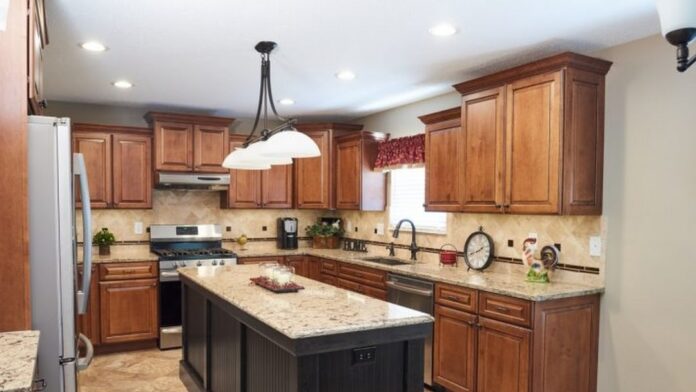Once you’re done planning a renovation project, it’s time to get the show on the road by enlisting the help of a contractor. But first, you need to vet prospective candidates. Doing so narrows your search for a contractor as competent as McDermott Remodeling. Here’s a checklist and questions you can ask prospective contractors to find a builder who’s a perfect fit to get you started.
- Ask About Licensing and Certification
Establish your local government’s certification and licensing requirements for contractors. Certification provides a safeguard, ensuring you hire qualified contractors for the job at hand. The last thing you want is to go for a fly-by-night ‘pro’ who over-promises but fails to fulfill your expectations. Plus, it could mean reworking to rectify their errors, leading to unexpected extra costs.
Your state’s licensing office or online page would be excellent for checking out a contractor’s license. Similarly, do the contractor have special certifications and are they an industry organization active members? Such membership or advanced certifications would imply that they invest in their trade.
- What’s the Contractor’s Experience?
Has the contractor tackled similar projects before, or are they new to the profession? Find out by asking them questions. That way, you can enlist a builder who understands the challenges or obstacles your work poses and how to overcome them.
Generally, pros who’ve been around the block will be eager to showcase a portfolio of their completed projects. As you cast around for potential candidates, consider asking them some of the following questions:
- Are you open to taking up a project of this size?
- Do you have a list of clients you’ve worked with?
- Can you provide financial references?
- How long has the relationship with your subcontractors been?
- How do you plan to safeguard my belongings?
- What process do you have to resolve conflicts that might arise?
Competence is key if you need an expert who can get the job done right without second-guessing. Besides, it could save you a world of trouble. Opt for an experienced professional you can confide in for your peace of mind.
- Do Your Due Diligence
Please don’t take a builder’s word for it: put on your detective’s hat. Contact former clients (references) to establish their overall experience and whether they would recommend the contractor in question. If possible, you can ask for before-and-after images of the project to get a feel for what to expect in terms of the quality of their craft.
You can also make an unannounced visit to a contractor’s current job site to see their team in action. Does the worksite appear organized and safe? Are the crew courteous? Do they take care of the homeowner’s property?
- Look Beyond the Price
While it’s advisable to compare quotes from different contractors, price need not be your only guide. Plus, shopping around doesn’t mean settling for the lowball bid, even if you’re in a pinch, as it could portend trouble down the road. For instance, a contractor with a low offer may be desperate for work- a red flag.
What’s more, they may cut corners and tack on some sneaky charges or unexpected costs. And before you know it, you’re in trouble for code violations or other issues.
Sometimes, experience trumps price: having to pay slightly more than the average price for a knowledgeable expert could make all the difference. Ideally, go for a contractor whose price is in the middle range without disregarding experience.
- How Does the Contractor Plan to Communicate?
Lack of communication can derail a project in short order. It doesn’t help to engage a competent handyperson who doesn’t communicate well. What would happen if they don’t understand a specific aspect and fail to seek clarification from you? Would you be comfortable working with someone you can’t openly discuss your project’s details?
Mutual understanding should be the basis of your contractual relationship. Besides, openness paves the way for frictionless collaboration, allowing you to work as allies. Find an amenable pro with whom you can communicate openly so that your project goes according to plan.
- Put Pen to Paper
Once you’ve settled on a contractor, but the contract in writing and detail every step and aspect. Some of the elements to include are:
- The payment schedule
- Projected timeline
- Proof of insurance
- Line items or materials needed for the job
Is a contract an indication of mistrust between a homeowner and a contractor? Well… not by a long shot. A contract is simply an agreement to ensure each party meets its end of the bargain. For instance, once the builder completes the project as planned, the client is expected to make timely payments.
Finding a remodeling contractor requires meticulous effort on your part. After all, the team you hire could make or break your project, not to mention the cost implications.
We hope that by having this checklist on hand (it might help to bookmark it), you can raise the odds of your project’s success or even guarantee it! McDermott Remodeling is a go-to service provider you can count on if you need a knowledgeable professional for a renovation project.











